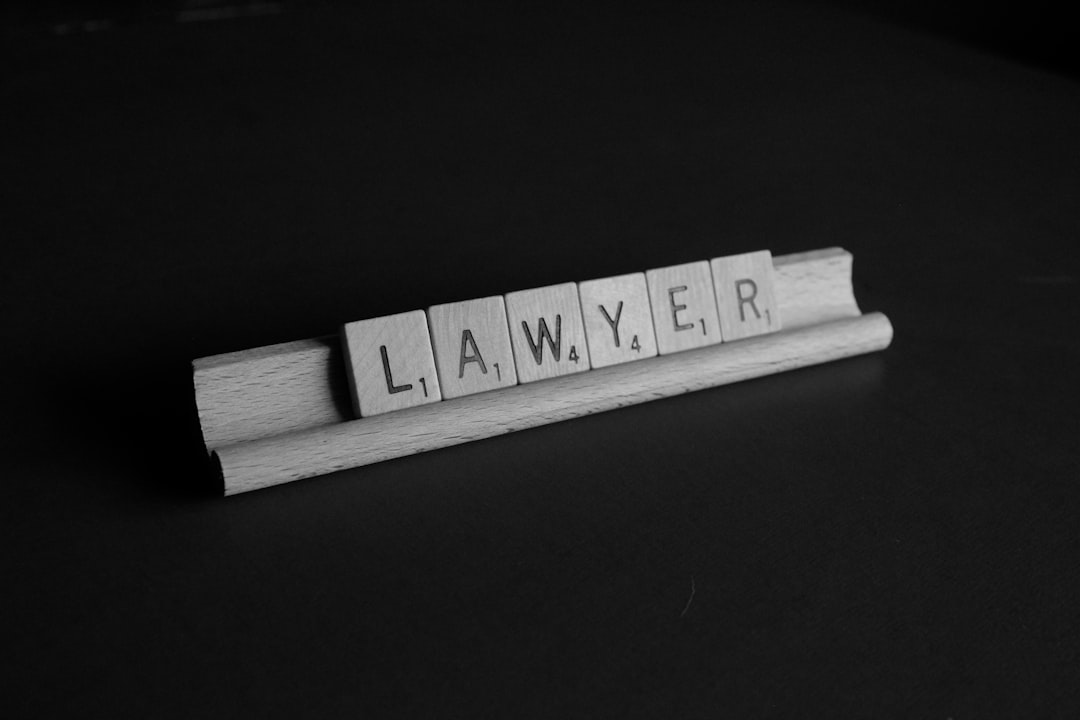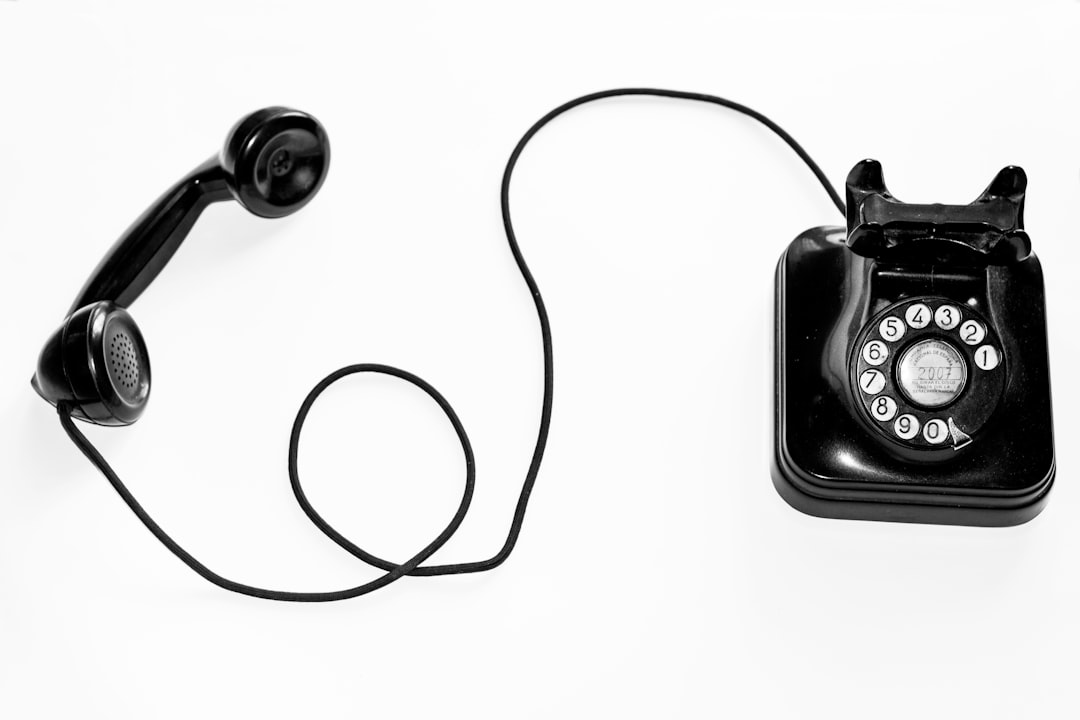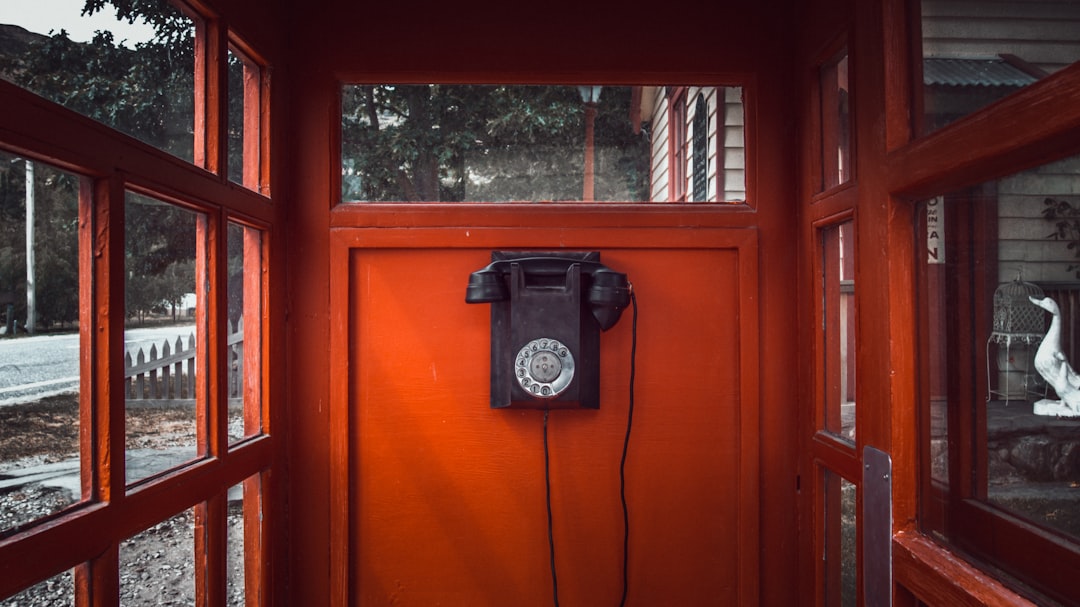In Philadelphia, "Do Not Call" regulations aim to protect residents from unwanted sales calls, with specialized Do Not Call Attorneys guiding businesses through these laws. Certain organizations, like charities and political campaigns, enjoy exemptions based on specific criteria. These attorneys ensure compliance, secure exemptions under Pennsylvania law, and represent businesses in disputes, helping them avoid penalties while maintaining customer trust and relationships. Engaging a Do Not Call Attorney Philadelphia is crucial for navigating complex regulations, avoiding costly mistakes, and respecting privacy rights in this strictly enforced environment.
In Philadelphia, as across the nation, strict Do Not Call rules protect residents from unwanted sales calls. However, not all organizations are subject to these regulations. This article explores who qualifies for exemptions and why, with a particular focus on Do Not Call Attorney Philadelphia. We delve into common mistakes businesses make regarding call privacy and offer best practices for ensuring compliance, helping organizations navigate this intricate aspect of consumer protection laws.
Understanding the Do Not Call Rules in Philadelphia

In Philadelphia, like many places across the US, the Do Not Call rules are designed to protect residents from unwanted telemarketing calls and sales pitches. These regulations can vary at the state and local levels, making it crucial for businesses and organizations to understand their obligations. The primary goal is to give citizens control over when they are contacted by salespeople or marketing representatives.
A Do Not Call Attorney in Philadelphia plays a vital role in ensuring compliance with these rules. They help organizations identify exempt categories and guide them on navigating the legal requirements, allowing businesses to avoid penalties and maintain customer satisfaction while adhering to local laws, specifically those related to telemarketing practices.
Exemptions: Who Qualifies and Why?
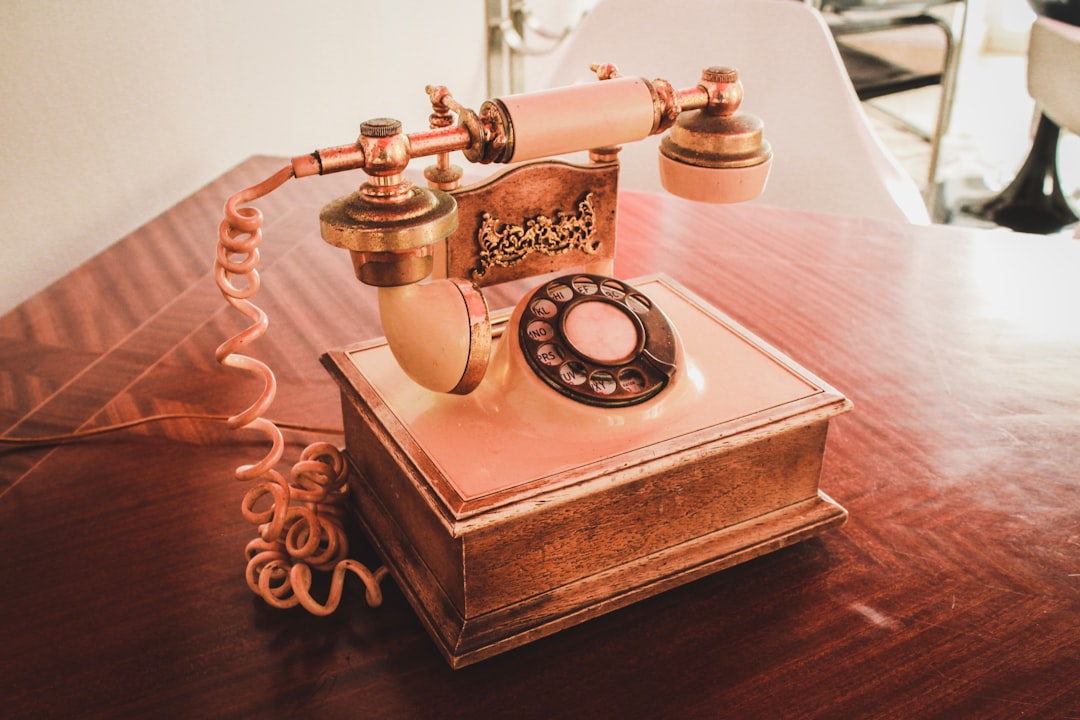
In Philadelphia, certain organizations enjoy exemptions from the city’s strict Do Not Call rules. These exemptions are granted based on specific criteria designed to balance consumer protection with legitimate business needs. Exemptions typically apply to businesses engaging in charitable solicitations, political campaigns, or activities conducted by government agencies.
For instance, a Do Not Call Attorney Philadelphia can make contact with residents for legal advice or representation without seeking prior consent. Similarly, non-profit organizations and political parties are exempt from certain restrictions, allowing them to reach out to potential supporters and donors. These exemptions aim to ensure that essential services and information reach the public while respecting individuals’ right to privacy and consent.
The Role of a Do Not Call Attorney in Philadelphia
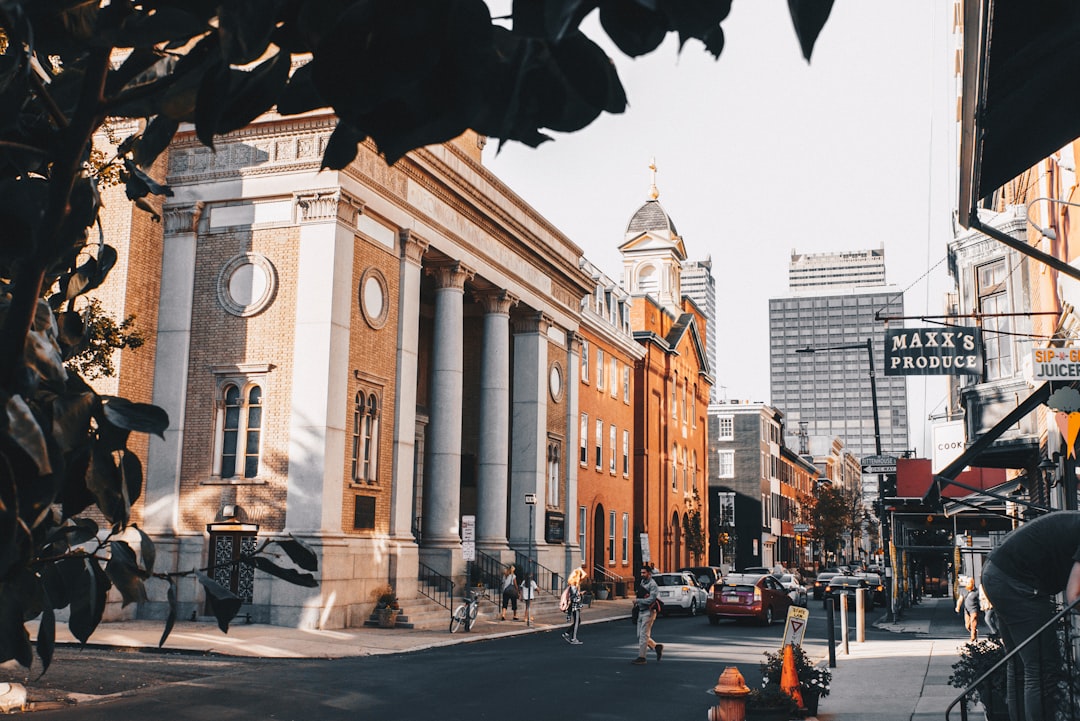
In Philadelphia, like many jurisdictions, the “Do Not Call” laws are designed to protect residents from unwanted telemarketing calls. However, certain organizations and businesses are exempt from these regulations. When it comes to navigating these exemptions and ensuring compliance with Do Not Call rules in Philadelphia, a Do Not Call Attorney plays a crucial role. They specialize in understanding and interpreting the complex legal framework surrounding telemarketing practices, including identifying which entities qualify for exemptions under Pennsylvania law.
A Do Not Call Attorney in Philadelphia can guide organizations on acceptable call practices, help them obtain necessary exemptions, and represent them in case of disputes or investigations related to Do Not Call rules. Their expertise ensures that businesses remain compliant while avoiding penalties and fostering positive relationships with customers by respecting their “Do Not Call” preferences.
Common Mistakes Organizations Make Regarding Call Privacy

Many organizations, despite their best intentions, often fall prey to common mistakes regarding call privacy that can land them in legal hot water. One frequent error is failing to obtain proper consent for telephone marketing calls, a critical aspect often overlooked. In Philadelphia, where Do Not Call laws are strictly enforced, businesses must ensure they have explicit permission from recipients before making any promotional calls. A simple “yes” during an initial interaction doesn’t cut it; it should be a clear, written agreement that allows companies to contact the individual for marketing purposes.
Additionally, organizations may mistakenly believe they are exempt from these rules due to their size or industry. However, there’s no such thing as a universal exemption. Even small local businesses must adhere to Do Not Call regulations if they make outbound sales calls or use automatic dialing systems. A Do Not Call Attorney in Philadelphia can help organizations understand and navigate these laws, ensuring they avoid costly mistakes and maintain customer trust by respecting privacy rights.
Ensuring Compliance: Best Practices for Businesses
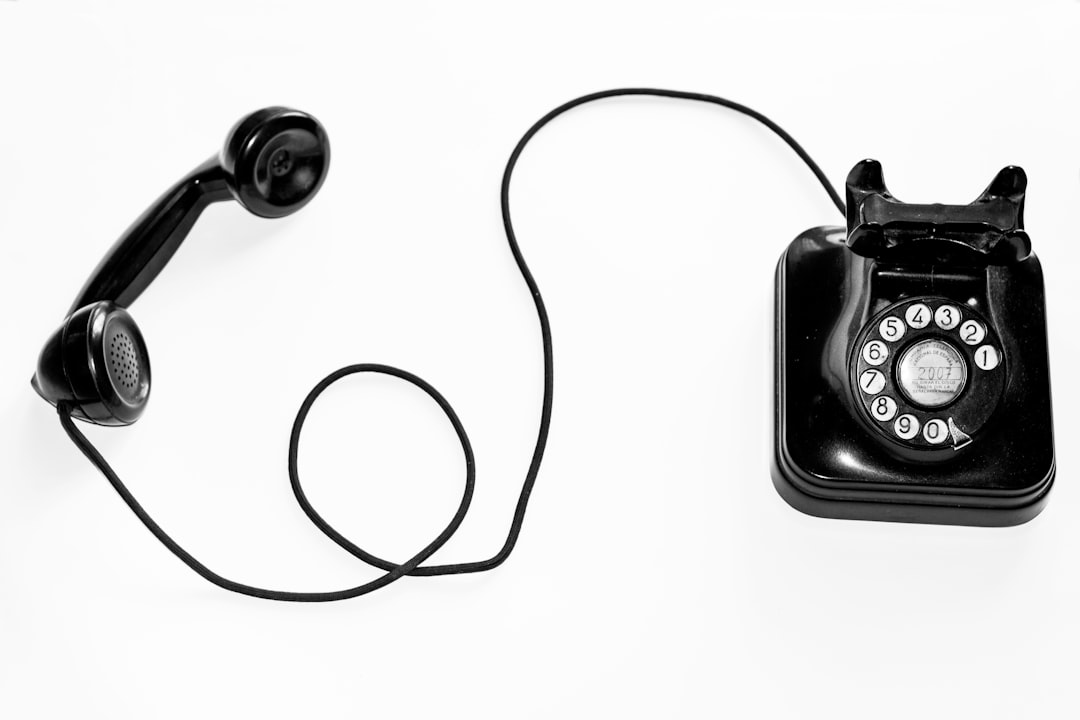
Ensuring compliance with the Do Not Call laws is crucial for any organization, especially in densely populated areas like Philadelphia where individual privacy rights are highly valued. Businesses must implement best practices to avoid inadvertently violating these regulations, which can lead to significant legal repercussions and damage to their reputation. Engaging a specialized Do Not Call Attorney Philadelphia is one proactive step. These legal experts can guide companies in understanding the nuanced rules, helping them create comprehensive do’s and don’ts lists tailored to their industry.
Regular training sessions for employees are another effective strategy. Equipping staff with knowledge about customer privacy laws empowers them to make informed decisions when interacting with potential clients or customers. Additionally, maintaining detailed records of all communication efforts, including calls, emails, and messages, is essential. This documentation serves as a shield against any potential disputes by demonstrating due diligence in adhering to the Do Not Call guidelines.

